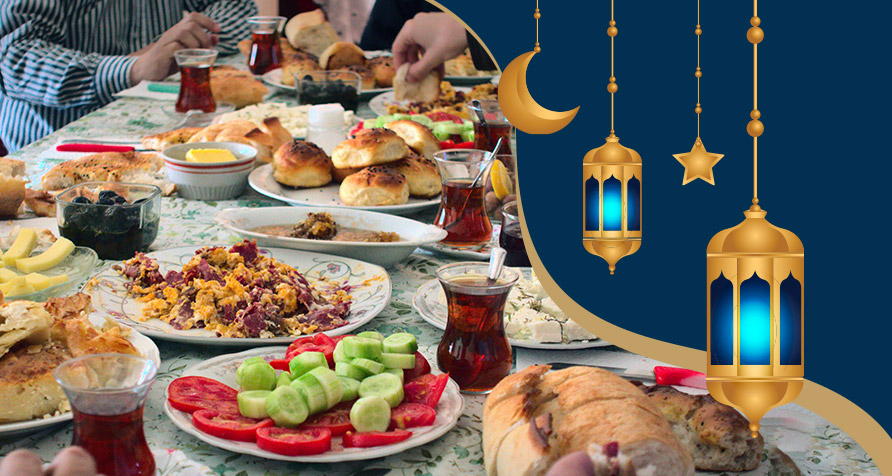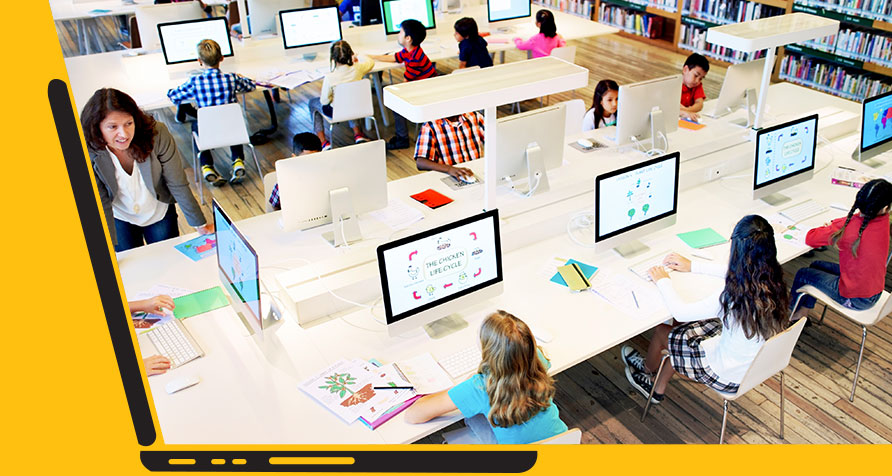










Respecting Ramadan
by: BTM - Sat, 01 Mar 2025
Ramadan is the holiest month in the Islamic calendar. For non-Muslims living or working in a Muslim-majority society, understanding its significance and being mindful of certain customs can help create a respectful and harmonious environment.
Fasting and Public Etiquette
During Ramadan, Muslims fast from dawn to sunset, refraining from food, drink, smoking and other physical needs. While non-Muslims are not expected to fast, it is important to be considerate of those who do. Avoid eating, drinking or smoking in public spaces, including offices, cars and common areas, as this can be seen as disrespectful and could actually land you a fine or even prison in Bahrain. Many restaurants and cafes remain closed during daylight hours, and some places may have designated areas where non-fasting individuals can eat discreetly.
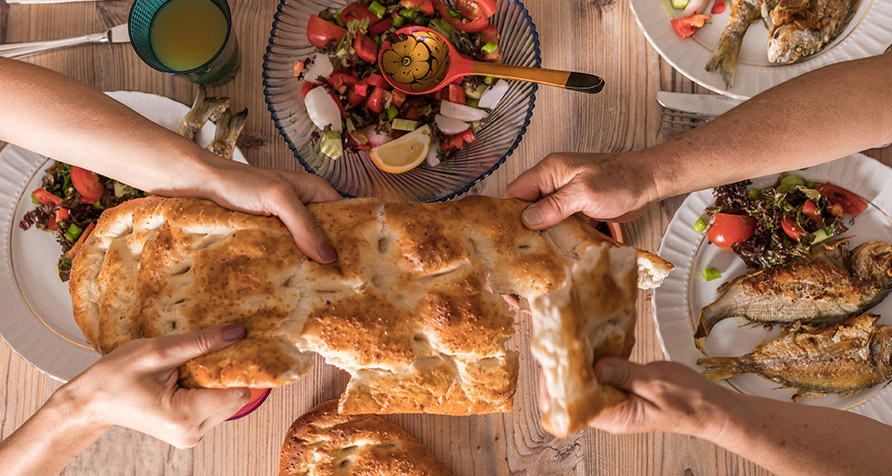
Workplace Considerations
Colleagues who are fasting may experience lower energy levels, particularly in the late afternoon. Being patient and offering support where possible can make a significant difference. If work schedules allow, consider taking on extra tasks or adjusting meeting times to accommodate those who may find it difficult to focus during fasting hours. Some workplaces implement shorter working hours for Muslim employees, so flexibility and understanding are key during this time.
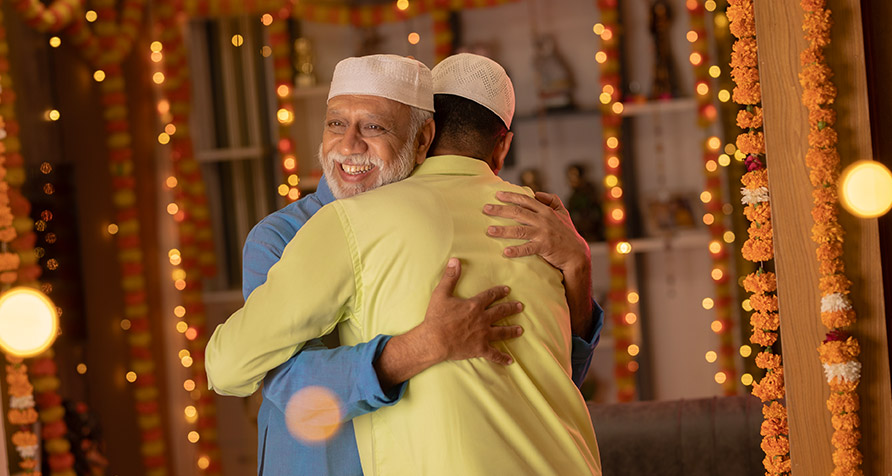
Social Interactions and Greetings
Muslims often increase their spiritual and charitable activities during Ramadan, spending more time in prayer and self-reflection. If greeting someone during this month, the phrase ‘Ramadan Mubarak’ or ‘Ramadan Kareem’ is a thoughtful way to show respect. Be mindful that social gatherings may be postponed until after sunset, when the fast is broken with the Iftar meal. If invited to an Iftar, it is polite to accept, and bringing a small gift, such as dates or sweets, is a kind gesture.
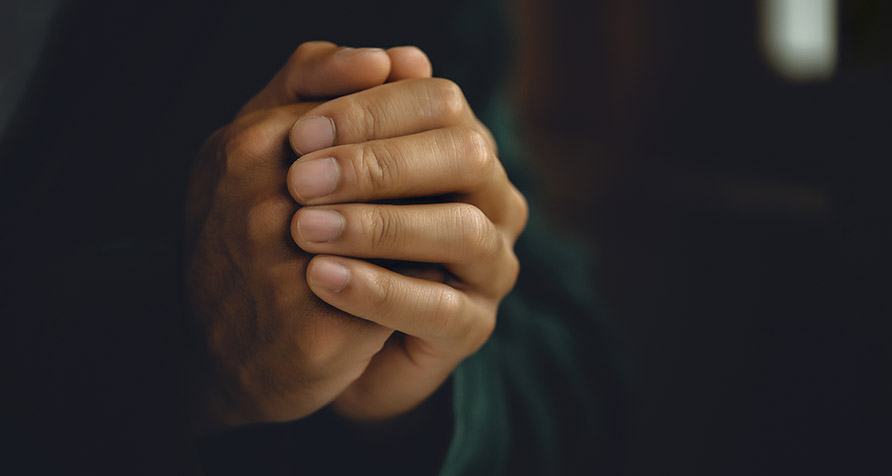
Understanding Changes in Daily Life
Life in a Muslim-majority society changes noticeably during Ramadan. Businesses, government offices and schools may operate on reduced hours, while nightlife becomes more vibrant after Iftar. Roads and public transport may be particularly busy before sunset as people rush home to break their fast. Planning ahead and allowing extra travel time can help avoid frustration.
Respecting Prayer and Religious Observances
Muslims engage in additional prayers during Ramadan, particularly the nightly Taraweeh prayers. Be mindful of this when scheduling events or making social plans. If you live near a mosque, you may notice an increase in late-night activity and early morning prayers. Showing patience and respect for these observances fosters goodwill and community spirit.
By demonstrating understanding and making small adjustments, non-Muslims can contribute to a more inclusive and respectful environment during Ramadan. Acknowledging the significance of this sacred month and supporting Muslim friends, colleagues and neighbours helps strengthen social bonds and mutual respect.
Tags #travel tips during ramadan #ramadan prayer and traditions #ramadan workplace guidelines #btm march 2025 #ramadan in bahrain #ramadan feature #ramadan happenings #ramadan events





